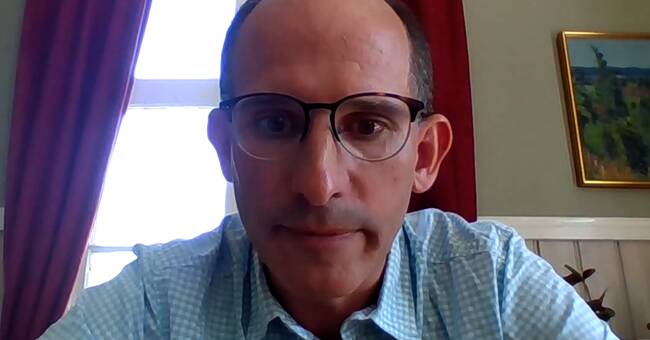The risks of vaccinating children must be weighed against the benefits, according to pediatrician Per Brolin, who sits on the board of the Swedish Pediatric Association.
He believes that children are not affected by covid-19 in the same way as adults, and that any side effects must be considered before advocating general vaccination of children.
- There may be side effects in children and adolescents that we do not see in adults, says the pediatrician.
According to a study presented by the Medical Products Agency during Friday's press conference, 12–15-year-olds 'antibody responses are at least as good as adults'.
No new risks or side effects were detected in the study.
However, there is uncertainty about rare side effects.
The global need affects
The global need for vaccines for adults, who are at greater risk of becoming seriously ill than healthy children in the rich part of the world, also needs to be taken into account, according to Per Brolin.
The European Medicines Agency EMA approved on Friday that Pfizer / Biontech's vaccine is given to children from the age of 12, but it is up to each member state to decide whether the vaccine should be used and in Sweden there is a doubt.
FHM's message is delayed
The Swedish Public Health Agency says at Friday's press conference that no decision has yet been made about starting to vaccinate children between the ages of 12 and 15 with Pfizer-Biontech's vaccine.
Johanna Rubin from the Swedish Public Health Agency says that a message will come "if not too long".
High school students can get vaccinated this fall
Per Brolin believes that it may be relevant to vaccinate high school students, ie people between the ages of 16-18, this autumn - if the spread of infection among young people remains high.
- At the moment, we believe that other children and young people should be waited on, says Per Brolin.

